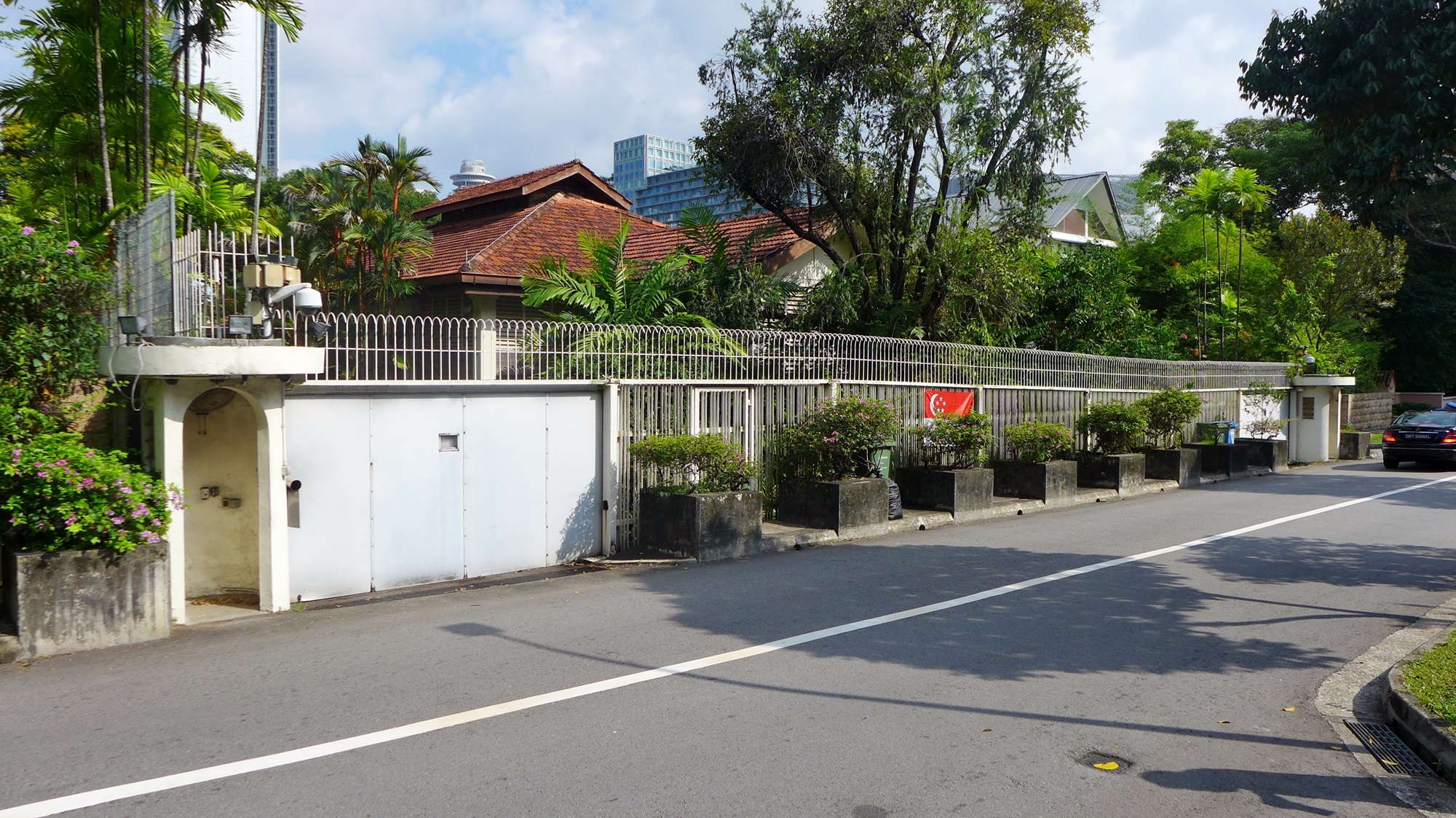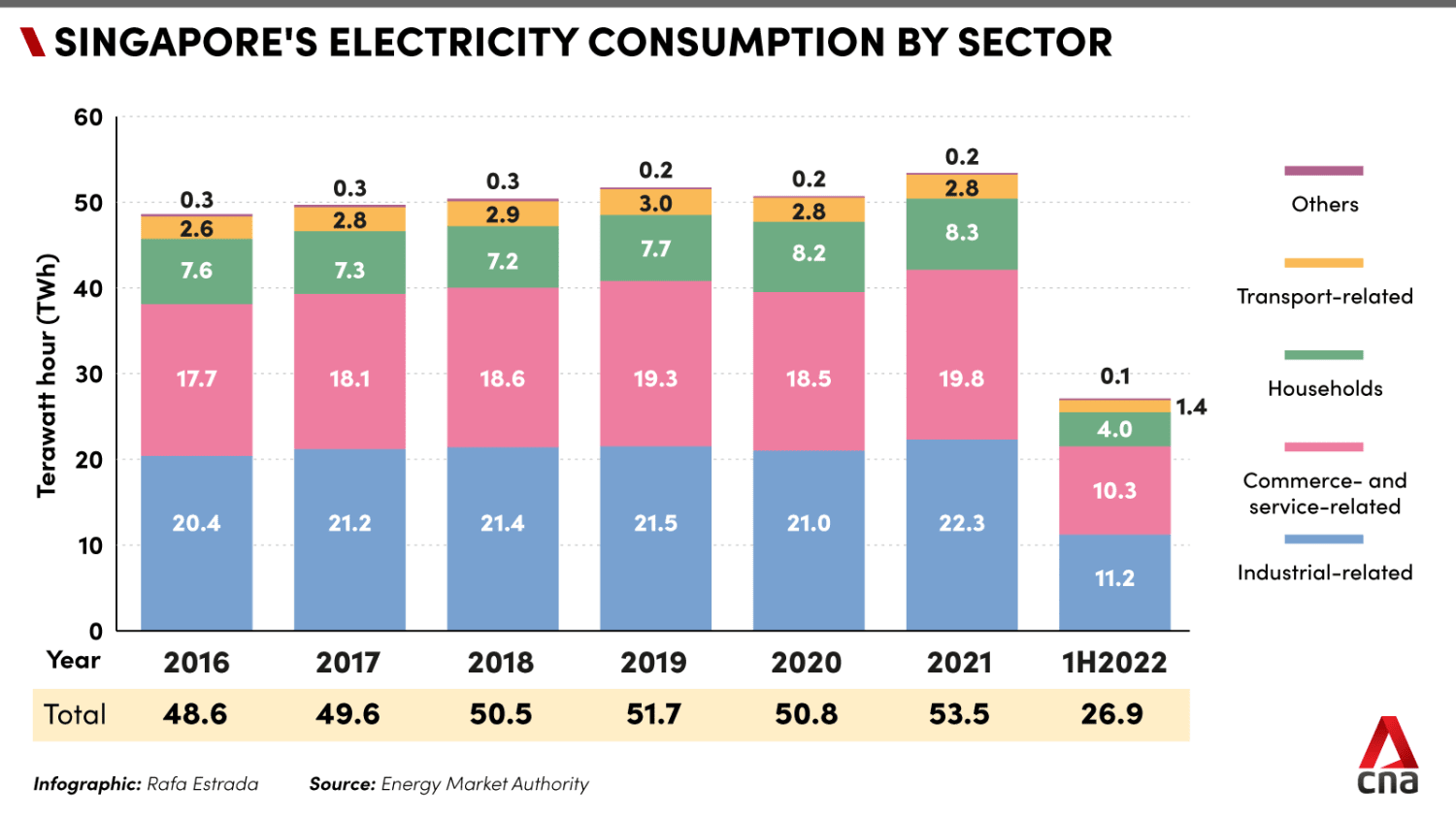
News Clips
Here's the News. All the news worth reading. (To me anyway) Note that this is a news clippings blog. Articles (mainly from Straits Times) are NOT written by me. Due to spam comments, comments are now moderated. Please read "This Blog" and "Before you comment".
Monday, October 21, 2024
Wednesday, September 18, 2024
Sumatran Squall, 17 Sept 2024
A report on the Sumatra Squall that struck Singapore on 17 Sept.
CNA Explains: What is a Sumatra squall and how did it bring a sudden storm to Singapore?
What are the characteristics of a Sumatra squall? How often does it occur and how bad can it get? CNA speaks to weather experts.
Lessons from Russo-Ukraine War
Video: Singapore is studying Ukraine conflict very closely: Ng Eng Hen (CNA)
Ukraine is “the most modern fought war in recent times”.
Tuesday, September 17, 2024
Pope Francis commends Singapore's policies supporting the vulnerable, hopes for special attention to poor and elderly
Pope Francis also highlighted the risk of focusing solely on pragmatism or "placing merit above all things", consequently excluding the marginalised from benefiting from progress.
Ang Hwee Min
12 Sep 2024
SINGAPORE: Pope Francis has commended Singapore's policies to support the most vulnerable, adding that he hopes special attention will be paid to the poor and the elderly.
 |
| Pope Francis and Singapore President Tharman Shanmugaratnam at the pope’s state address on Sep 12, 2024. (Photo: CNA/Syamil Sapari) |
Ang Hwee Min
12 Sep 2024
SINGAPORE: Pope Francis has commended Singapore's policies to support the most vulnerable, adding that he hopes special attention will be paid to the poor and the elderly.
Friday, September 13, 2024
New "United Front"? Chinese Agents in South East Asia?
Firstpost is an India-based, obviously biased, anti-Chinese, news channel. So they would highlight or feature any news item that would put China in a bad light. But they do also cover the news about China, like this story about Linda Sun and Alice Guo.
Monday, August 12, 2024
Singapore looks to build first-of-its-kind renewable energy farm in waters around Raffles Lighthouse
 |
| Raffles Lighthouse on Pulau Satumu, the southernmost islet in Singapore waters. (Photo: Chew Hui Min) |
The energy generated could be used to charge electric harbour craft, in line with upcoming requirements to decarbonise the maritime industry.
Jeraldine Yap
Louisa Tang
09 Aug 2024
SINGAPORE: A renewable energy farm could be built in the waters around Raffles Lighthouse, with a feasibility study expected to begin in the fourth quarter of this year.
The Maritime and Port Authority of Singapore (MPA) told CNA that it has earmarked 30ha around the island and is looking into installing solar panels above the sea surface and tidal turbines underwater.
Observers said it would be the first facility in Singapore to combine harnessing energy from the sun as well as tides on a large scale.
Saturday, August 10, 2024
CNA Explains: Singapore's energy sources and the future of its electricity supply
Why does Singapore need to import its electricity? Why can't it just rely on solar power?

Gabrielle Andres
SINGAPORE: Where Singapore gets its electricity from has been in the headlines in recent months, with the announcement that the country will import electricity from Malaysia and the opening of the largest energy storage system in Southeast Asia on Jurong Island.
Last Monday (Jan 30), it was announced that Singapore will import 100 megawatts (MW) of electricity from Malaysia as part of a two-year trial, under a joint agreement between YTL PowerSeraya and TNB Genco.

Gabrielle Andres
07 Feb 2023
SINGAPORE: Where Singapore gets its electricity from has been in the headlines in recent months, with the announcement that the country will import electricity from Malaysia and the opening of the largest energy storage system in Southeast Asia on Jurong Island.
Last Monday (Jan 30), it was announced that Singapore will import 100 megawatts (MW) of electricity from Malaysia as part of a two-year trial, under a joint agreement between YTL PowerSeraya and TNB Genco.
Subscribe to:
Posts (Atom)